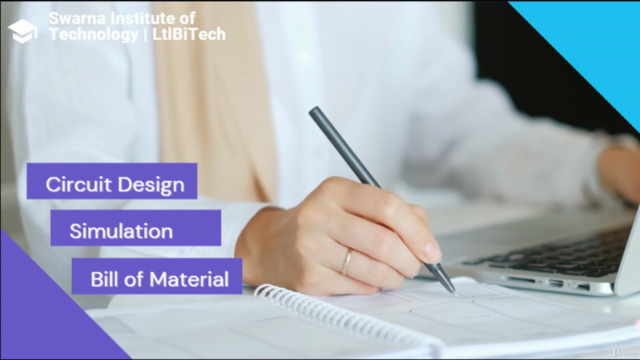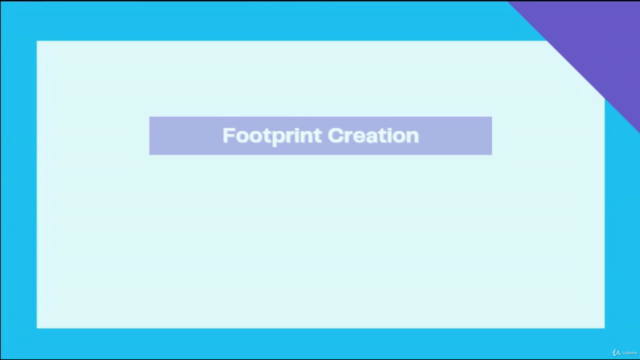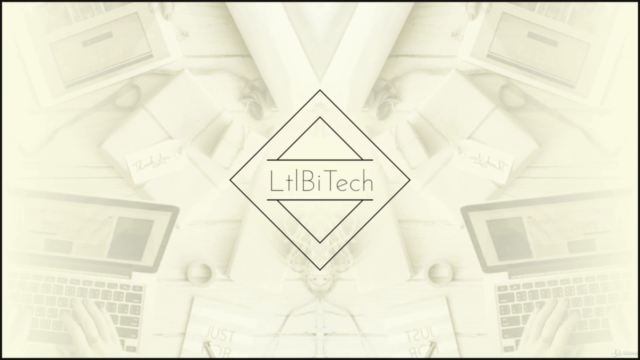Crash Course on PCB Design: 3D Footprints and Board Design

Why take this course?
¡Hola! It seems like you've provided a comprehensive overview of a PCB Design course, including the prerequisites for enrollment, the content of the course, the skills that will be gained upon completion, and the benefits of taking such a course. This course is designed to cover all the essential aspects of PCB design, from basic electronic theory to advanced design techniques using modern PCB-CAD tools.
To summarize and expand on your description:
Course Overview:
This PCB Design course is an excellent starting point for individuals interested in electronics and circuit board design. It's suitable for those with a background in Electrical, Electronics & Communication (EECE), or related fields who are looking to deepen their knowledge and skills in PCB design. The course is structured to take students through the entire process of designing a printed circuit board (PCB), from understanding basic electronic components to executing complex layouts and generating final production files.
Course Content:
- Schematic Design: Learning the basics of electronics, how to create schematics, and understand net lists and Bill Of Materials (BOM).
- Footprint Creation: Designing footprints for various component types, including through-hole, surface-mount devices (SMD), BGA/PGA, etc.
- Board Designing: Creating PCB layouts, managing power management circuits, and understanding design rules and gerber file generation.
- Skills Acquired: Expertise in electronic components, circuit designing, using PCB-CAD tools for single and double-sided PCB designs, symbol and footprint creation, and the ability to generate production-ready Gerber files.
Benefits of the Course:
By completing this course, students will have a solid understanding of:
- Basic electronics principles and component knowledge.
- Capability to design complex circuits.
- Ability to analyze and manage power supply circuits.
- Proficiency with multiple PCB-CAD tools.
- Expertise in creating and managing libraries and generating Gerber files for manufacturing.
Why is PCB Design Important?
PCB design is a critical aspect of the electronics industry because it allows for the efficient and reliable packaging of electronic circuits. As technology advances, the miniaturization and integration density of circuit boards continue to increase, making proficient PCB design even more vital. Mastery in this field opens up opportunities in various sectors, from consumer electronics to aerospace and defense.
Who is the course for?
This course is designed for:
- Individuals aiming to create their own electronics projects.
- Those exploring a new career path in the field of PCB design.
- Professionals looking to enhance their existing skill set within EECE or related fields.
Conclusion:
This PCB Design course offers a comprehensive educational experience that combines theoretical knowledge with hands-on practical projects, ensuring that students are well-equipped to tackle real-world design challenges. With the industry's best practices and an emphasis on modern, relevant tools and techniques, this course is an invaluable asset for anyone looking to excel in the field of PCB design.
If you're interested in enrolling or learning more about the course, make sure to check the eligibility criteria and available dates to plan your learning journey accordingly. Remember that mastering PCB design not only opens up new career paths but also enhances your problem-solving skills and understanding of how electronic devices function at a fundamental level.
Course Gallery




Loading charts...